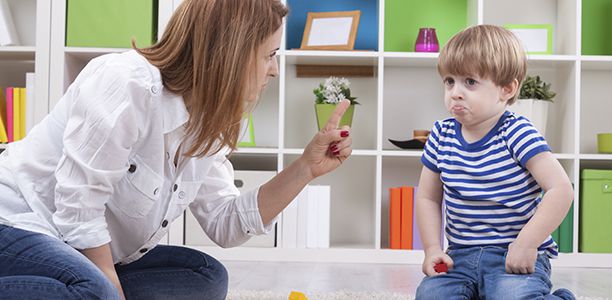Children are more likely to use their strengths to effectively cope with minor stress in their life if they have parents who adopt a strength-based approach to parenting.
In a ground breaking study published recently in the Journal Psychology, Professor Lea Waters from the Melbourne Graduate School of Education outlines how children can draw on their personal strengths to cope with the demands that lead to stress.
“While some stress such as toxic stress caused by a long lasting intense negative experience can have a debilitating effect on the wellbeing of children, not all stress is bad or damaging,” Professor Waters said.
“Positive stress is a normal part of the developmental process. When managed well, it has the potential to help children learn, grow and adapt.
“Essential life skills such as coping with and adapting to new situations grow out of positive stress.”
The paper, “The relationship between strength-based parenting with children’s stress levels and strength-based coping approaches,” shines new light on how strength based parenting builds up children’s resources.
“Strength-based parenting is an approach where parents deliberately identify and cultivate positive states, processes and qualities in their children,” Professor Waters said.
“This style of parenting adds a ‘positive filter’ to the way a child reacts to stress. It also limits the likelihood of children using avoidance or aggressive coping responses.”
This study offers a new avenue for research into the under explored and promising area of positive psychology parenting approaches.
“While the importance of providing love and emotional support to children is well understood, we now know the importance of deliberately identifying and building strengths in our children.
“This is a style of parenting which could be increased and is worthy of additional research,” Professor Waters concluded.
(Source: The University of Melbourne, Journal Psychology)










